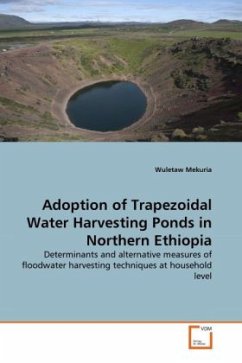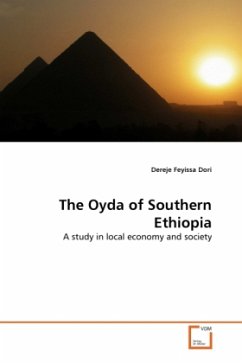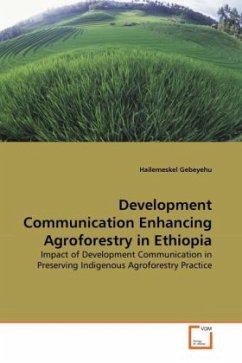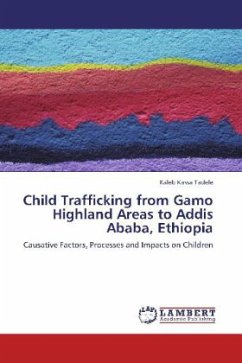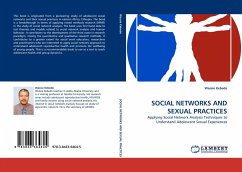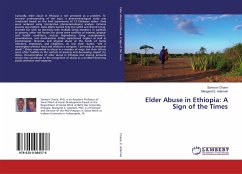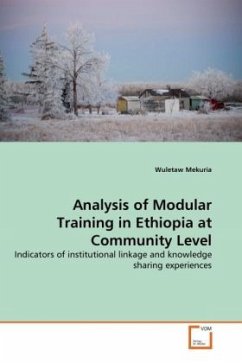
Analysis of Modular Training in Ethiopia at Community Level
Indicators of institutional linkage and knowledge sharing experiences
Versandkostenfrei!
Versandfertig in 6-10 Tagen
32,99 €
inkl. MwSt.

PAYBACK Punkte
16 °P sammeln!
Modular training at farmer training center level, in Ethiopia, was started in 2005. Analyzing whether the trainings address the knowledge gaps of farmers or not and assessing institutional linkage and their performances have significant implication for development. Due to this fact, the study has been conducted based on some analytical methodologies such as Teacher-Made-Test, practice test, Likert Scale, SWOT analysis and RAAKS windows and tools. Moreover, other qualitative techniques were also applied using 120 sampled household respondents. This book therefore, helps for planners, policy mak...
Modular training at farmer training center level, in Ethiopia, was started in 2005. Analyzing whether the trainings address the knowledge gaps of farmers or not and assessing institutional linkage and their performances have significant implication for development. Due to this fact, the study has been conducted based on some analytical methodologies such as Teacher-Made-Test, practice test, Likert Scale, SWOT analysis and RAAKS windows and tools. Moreover, other qualitative techniques were also applied using 120 sampled household respondents. This book therefore, helps for planners, policy makers, managers, researchers and development stakeholders for providing information on knowledge flow experiences, institutional linkage mechanisms and identification of positive deviance; there by actors' integration can be possible for policy formulation, strategic planning and social networking. That results in, knowledge, skill and attitudinal change to facilitate best performed innovativeinterventions for development in general and rural development in particular for farming communities.



